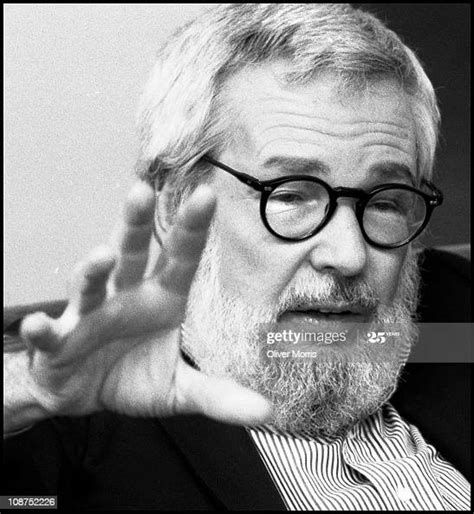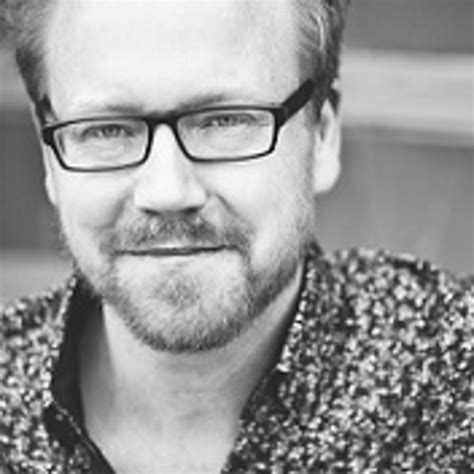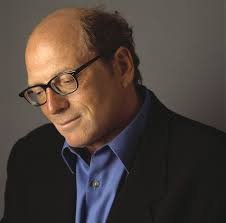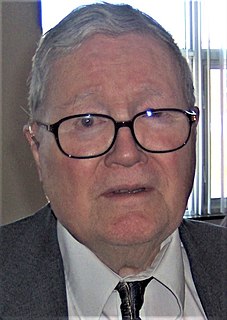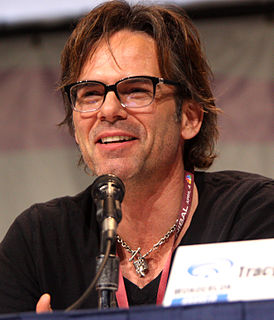A Quote by Robert Benton
Movie narration in the forties was radically different than the narrative involved in books.
Related Quotes
I was desperately unhappy with it [Blade Runner]. I was compelled by contract to record five or six different versions of the narration, each of which was found wanting on a storytelling basis. The final version was something that I was completely unhappy with. The movie obviously has a very strong following, but it could have been more than a cult picture.
Wars always evolve over time, don't they? Iraq/Afghanistan is different than Vietnam, and Vietnam was different than Korea, and Korea was different than World War One, and so on. Some things remain the same, of course - one side fighting another over ideology or a patch of ground - but there are some aspects of combat life which differ radically than their predecessors.
The real truth - like anything, you have an idea about something you might write and it changes. People reflect on it or you get other ideas and maybe your original idea is radically different than how it ends up being. It's not a theorem. You don't sit down and prove something. You start with an initial idea and it grows and grows. The math of the narrative changes. In some ways your original document and what the film ends up being are quite different.
Characteristically, however, the overthrow of the dictator simply means that there will be another dictator. ... the policies they follow will probably not be radically different. If we look around the world, we quickly realize that these policies will not be radically different from those that would be followed by a democracy either.
Cartooning is completely different from other media: it is closely related to film and prose, other narrative forms, but the skills needed to realize a story are very different, and include not only drawing and writing dialogue and narration, but graphic design and the ability to depict time passing visually. It's a whole suite of skills that has to go into making a comics page, skills that are quite distinct from those that go into writing a page of prose, or making a film.
Comic books sort of follow with the move - if people see the movie and if they're interested in the character and want to see more of the character, they start buying the comic books. So a good movie helps the sale of the comic books and the comic books help the movie and one hand washes the other. So, I don't think there's any reason to think that comics will die out.
